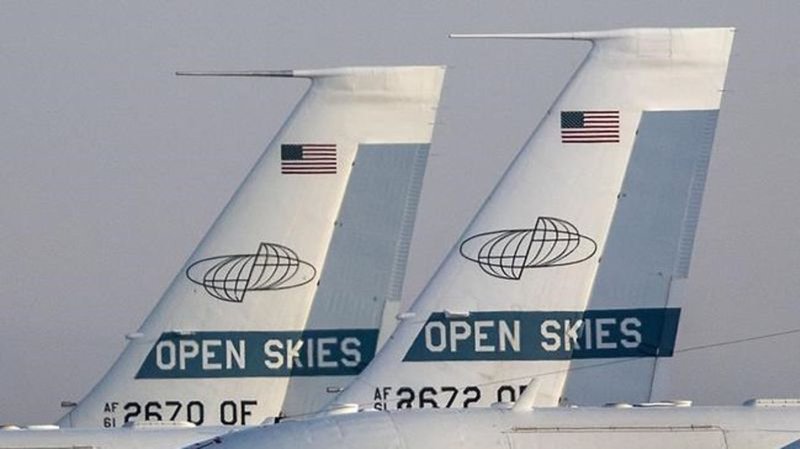
US tells Russia it won’t rejoin Open Skies arms control pact
WASHINGTON (AP) — The Biden administration informed Russia on Thursday that it will not rejoin a key arms control pact, even as the two sides prepare for a summit next month between their leaders.
U.S. officials said Deputy Secretary of State Wendy Sherman told the Russians that the administration had decided not to reenter the Open Skies Treaty, which had allowed surveillance flights over military facilities in both countries but that former President Donald Trump had withdrawn from.
Thursday’s decision means only one major arms control treaty between the nuclear powers — the New START treaty — remains in place. Trump had done nothing to extend New START, which would have expired earlier this year, but after taking office the Biden administration moved quickly to extend it for five years and opened a review into the Open Skies Treaty withdrawal.
The officials said the review had been completed and that Sherman had informed Russian Deputy Foreign Minister Sergei Ryabkov of the U.S. decision not to return to Open Skies on Thursday. The officials were not authorized to discuss the matter publicly and spoke on condition of anonymity.
